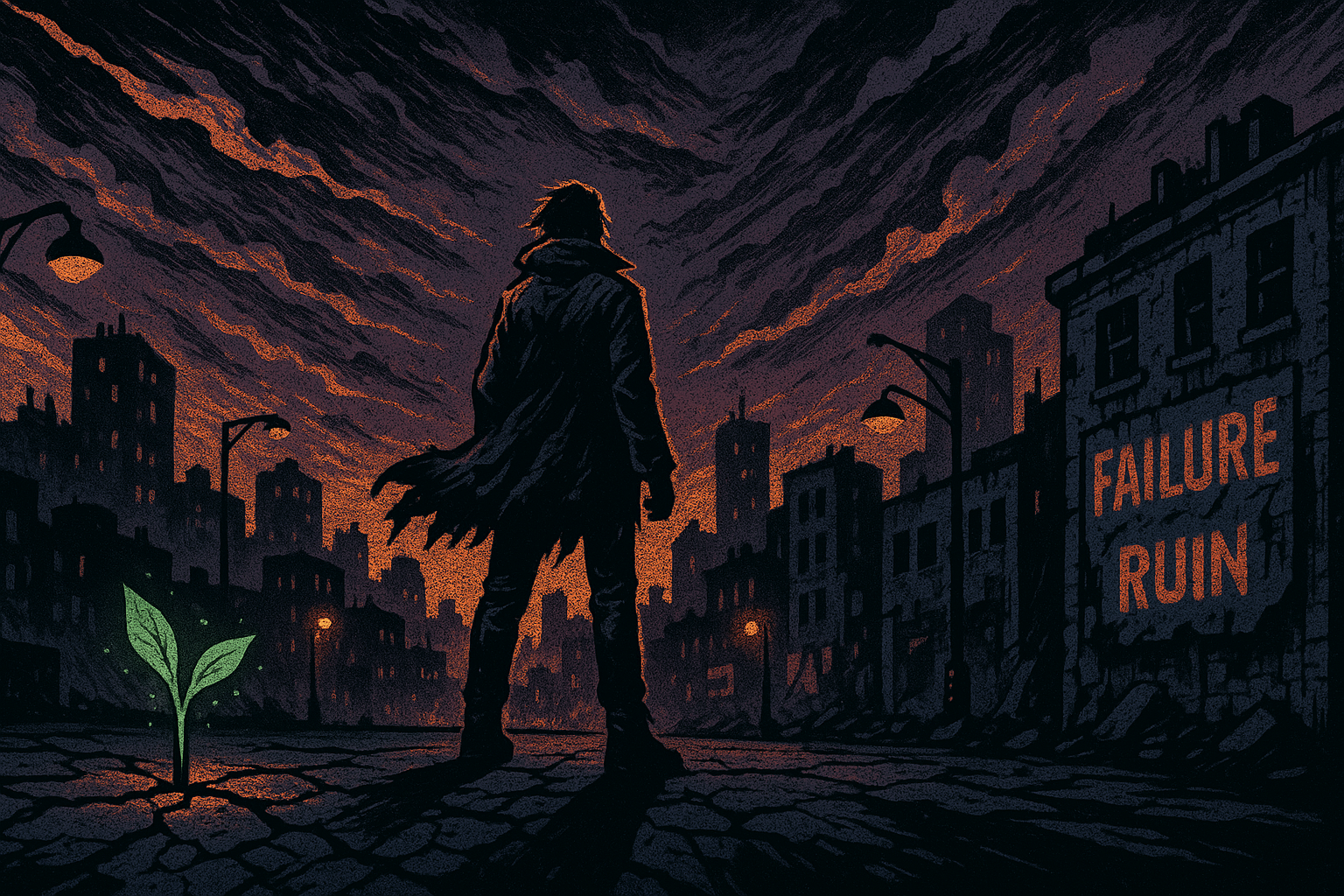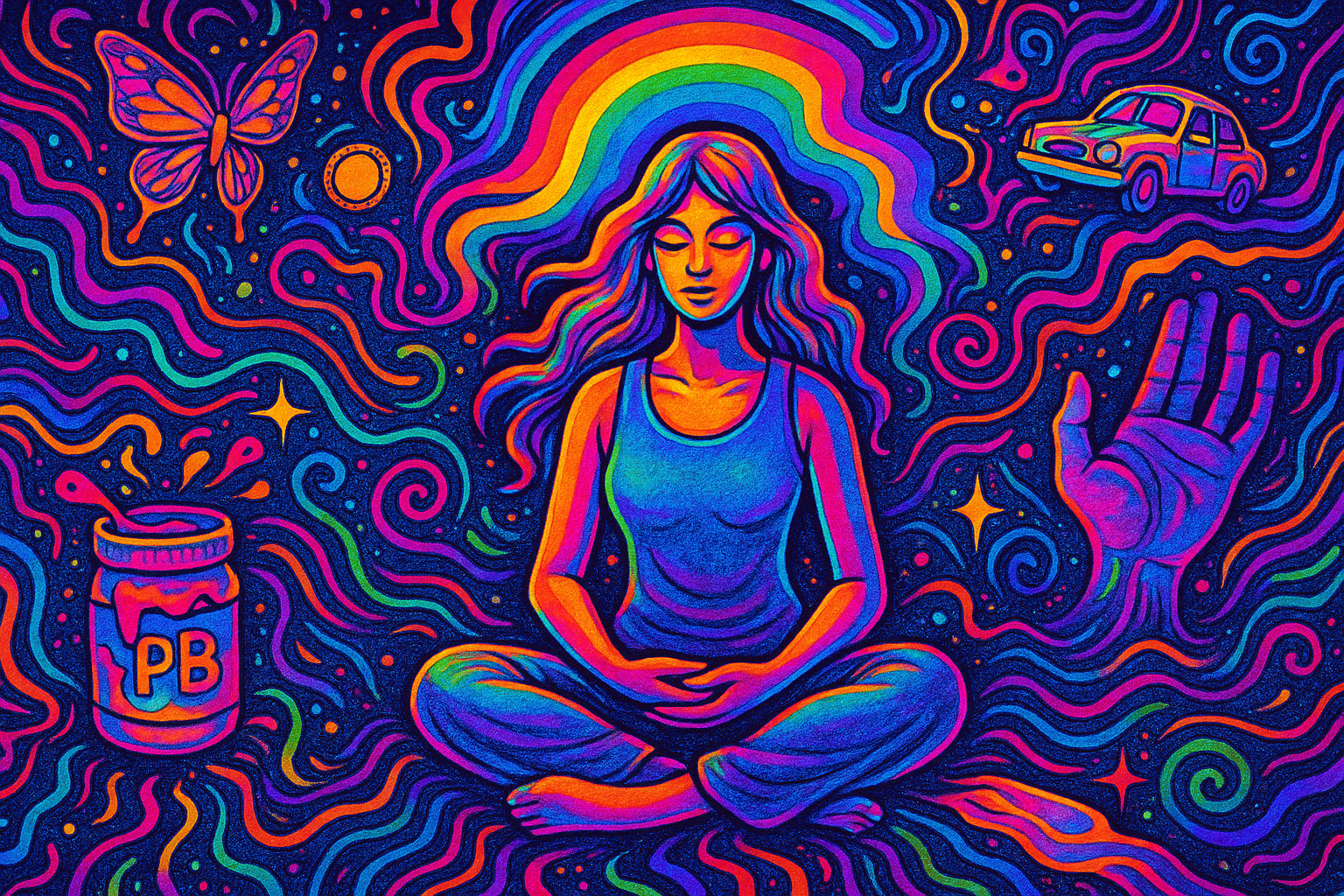Polarization is a problem in the world. Us versus them is a mentality that has always existed. The criteria for who is in and who is out are determined by those who have the power. Historically, the criteria for acceptance has been tragic. Jewish people were rejected by the Third Reich in Germany, who determined that the entire race should be exterminated. African Americans were once considered only 3/5th human in America simply because of the color of their skin. Racism, sexism, patriarchy, ageism, etc exclude some and include others because of someone’s definition about who is acceptable and who is not.
When I was a kid I tried to hang out with only Cub fans. If you liked the St. Louis Cardinals, there was something wrong with you. My dad was a blue-collar worker and we were Democrats. We prayed for those who were Republicans and wondered why! We thought that the Pope was the antichrist. There were 3 areas of our town: Elm Ridge, where the rich people lived; Grant Park, where the poorest lived, and then the rest of us. We learned to categorize people by their address. We looked up to the folk in Elm Ridge as successful. They were the “haves.” We fought to keep our address out of Grant Park where the “have nots” lived.
Judgmentalism has separated people throughout my life. There was the Red Scare and McCarthyism in the 1950’s. Famous people like Paul Robeson, who was a great black athlete and actor, was ostracized and accused of being Communist because he refused to bend to popular opinion. There were Christians who thought the world was going to end in a ball of fire in the early 1960’s. They were scoffed at by scientists and ostracized as Holy Rollers. Now, scientists push the alarm of a catastrophic global warming, and many of those same Christians scoff and ostracize the scientists.
Polarization is a challenge to recovery. Healing requires integrating both the best and the beast within each person. In community, us versus them undermines the healing process. Judging others’ social status or recovery progress paralyzes the potential for transformation. It requires each person to recognize their own dark behavior in order to have compassion for other people’s struggle. It is by recognizing compassion and identification that transformation occurs.
No one escapes childhood unscathed. I have learned that working through abuse requires the acceptance of a victim/victimizer dynamic that exists in those who have suffered abuse. When you have been victimized it is important to face ways that you have victimized others, perhaps not in like kind but in like principle.
It is critical to confront behavior where you selfishly wanted what you wanted when you wanted it. It is important to face the impact of feelings and consequences that your behavior created for others and experience the gravity of their plight because of your actions. Then, you focus on forgiving yourself which simply means to let go and not hold the behavior against yourself. It also means to stop the hurtful behavior. When you do this, you become less polarized from those who have victimized you. By accepting your own dark behavior you can create compassion for the dark behavior of others who hurt you with perpetrating abuse. Through common shared brokenness you can experience healing and forgiveness which can produce freedom from the abuse.
Essentially, this controversial process can be framed as a way of getting out of an emotional prison that an abuser’s behavior created. Some have described it as a healthy selfish way of forgiving the son of a b**** who perpetrated pain and devastation in your life. You don’t have to be friends with someone who has hurt you. However, polarization is less likely because you have addressed in principle the victimizer dynamic in yourself that also exists in the perpetrator who has hurt you.
When this does not occur, communities remain fractured and polarized. Perpetrators, like sex offenders, are excluded from their communities. Some people think that if we segregate, isolate, or polarize people, then somehow we become a safer community. I don’t see evidence that this is true.
Through my work at Psychological Counseling Services, we have witnessed transformation and healing by bringing victims and victimizers together. When sexual abuse is the issue, careful consideration of healing factors are assessed for both victim and victimizer before such integration takes place. Through 25+ years of engaging this process, I have observed and facilitated healing and transformation for both victim and victimizer. Regarding betrayed partners, we have integrated them with addict betrayers for many years. I have listened to partners who have shared that listening to the heart of an addict who is not their partner has been helpful to cultivate compassion and healing toward their own addict partner. On the other side of the coin, I have listened to addicts state that hearing the heartache of a different betrayed partner helped them to deepen empathy toward their own betrayed partner.
When we face each other’s pain we promote healing and transformation and eliminate polarization. This makes far more sense to me.
I do not think there is just one way to heal trauma from abuse. There are many alternatives. I do believe that polarization has splintered communities throughout our country. Judgmentalism through categorizing and labeling people has been detrimental to healing in our country. I suggest that we overcome judgmentalism and polarization toward others through identification of common-shared brokenness with shared accountability and consequences.
Take time to be curious of someone who is unlike you or represents a position you vehemently disagree with. Notice how judgment comes up and simply sit with gaining an understanding of another person’s plight and position about life. You don’t have to change your mind about how you think. But, you can find a way to connect with someone who sees things different than you do. A way to overcome polarization is to integrate common-shared brokenness through listening to a different perspective.




